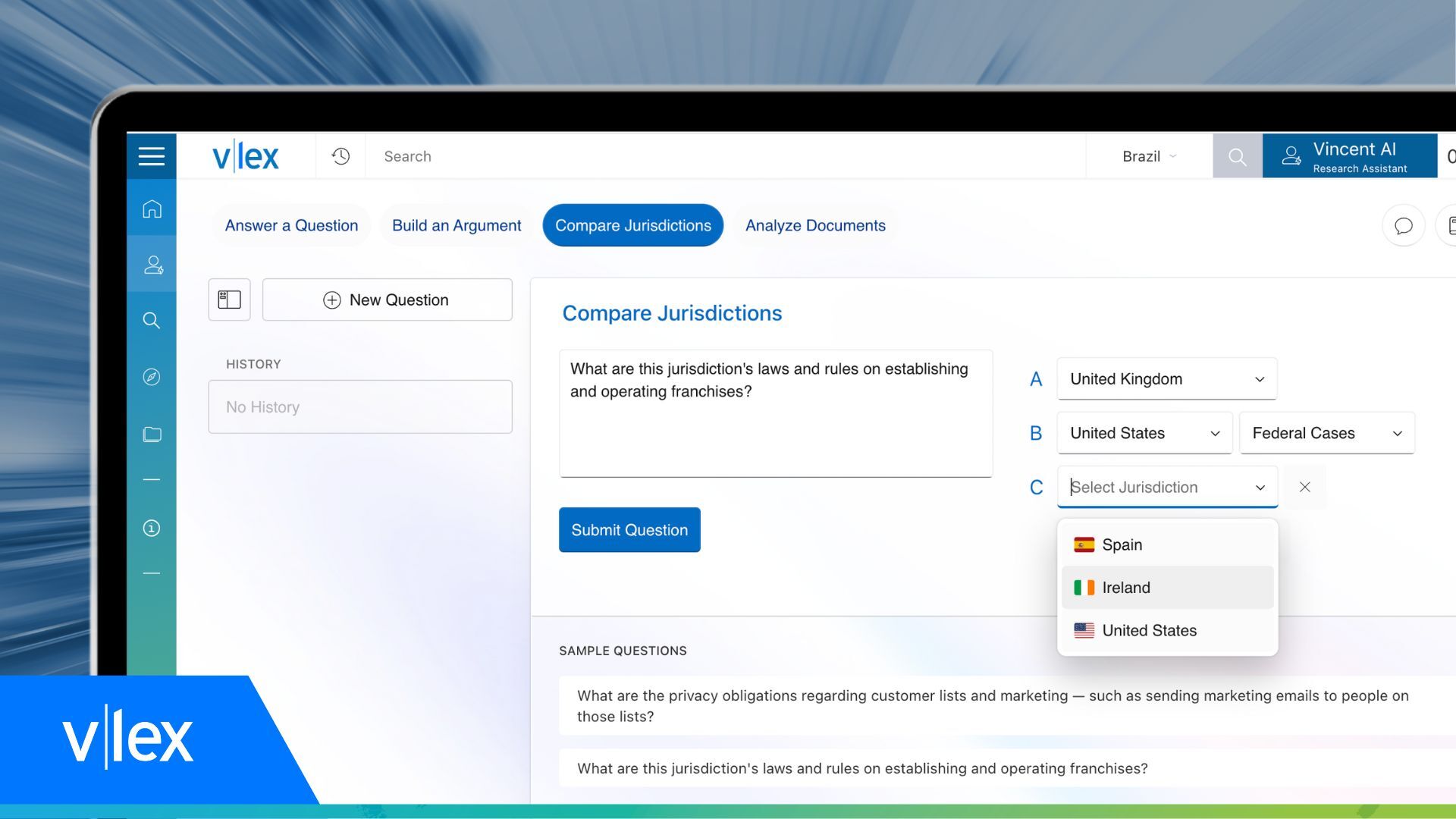A Week to Honor Jurors
My term as president has been highlighted by the privilege of focusing on the American jury system–the opportunity to improve it through the excellent work of the American Jury Project in putting forth jury principles, and the opportunity to educate the public about the importance of jury service through the Commission on the American Jury.
At the heart of these efforts is a desire to be an advocate for jurors, to improve their experiences and to instill in all citizens a greater pride and excitement about jury service. This month, I am pleased to announce the first week of May as National Juror Appreciation Week, a time to honor and celebrate jurors and the jury system. Spearheaded by the ABA’s Commission on the American Jury, Juror Appreciation Week will kick off on Law Day, observed this year on Monday, May 2. The ABA’s Division for Public Education has designated “The American Jury: ‘We the People’ In Action” as this year’s Law Day theme. Across the country, courts will celebrate their jurors and recognize the importance of their service.
Throughout the month of May, courts are devoting special time to recognize the contributions of jurors to their communities’ justice systems and to promote jury service. Some jurisdictions are hosting grand celebrations, such as New York state’s Onondaga County, where lunch for 600 jurors, a banner across Syracuse’s main street and musical entertainment are among the planned activities. Across the country, courts are joining the excitement by distributing DVDs, gavel shaped key chains, and bookmarks to all jurors serving during Juror Appreciation Week. Other jurisdictions are issuing juror appreciation certificates, offering coffee and doughnuts and distributing thank you gifts to jurors.
Tools Available Online
The division for public education has a number of resources to offer courts and individuals to use in celebrating Juror Appreciation Week and Law Day. The online Juror Appreciation Kit, developed by the Commission on the American Jury, includes various appreciation activities to help courts devise programs to honor local citizens who serve on juries. The kit includes outreach activities and ideas, a sample resolution that local governments can use to officially honor citizens serving as jurors, a sample certificate of appreciation to present to jurors who serve during that week, and details on obtaining posters and printable bookmarks that offer useful tips and information to citizens about jury service. To obtain these and other materials, visit www.abanet.org/jury/jurorkit.html.
The ABA’s Law Day Web site includes Law Day activities from around the country, with state and local programs in 30 states represented. If you would like to know what is happening in your area or obtain information on how to participate in any of the activities, please visit www.abanet.org/publiced/lawday/events/home.html.
In all of these efforts, lawyers and judges have a special role. We are the trustees of justice–who better than us to recognize the important work and contributions of jurors to our justice system and make them feel appreciated?
There are many opportunities for you to use your skills and talents during Juror Appreciation Week and Law Day. You can join a “justice team” and share experiences about your role in the court, participate in a Dialogue on the American Jury at a local college or high school, or help secure a justice of the state’s highest court or a celebrity to welcome jurors.
Your participation in Law Day and Juror Appreciation Week is invaluable. By helping courts to implement Juror Appreciation Week, you will help reinforce public confidence in the justice system, improve communication among courts, jurors and employers, and help spread a positive message to the public about jury service. In Democracy in America, Alexis de Tocqueville memorably declared, “The jury, which is the most energetic means of making the people rule, is also the most efficacious means of teaching it how to rule well. … The jury … may be regarded as a … public school, ever open, in which every juror learns his rights.” Let’s all do our parts in showing our appreciation for the everyday men and women who come to serve on our juries.



